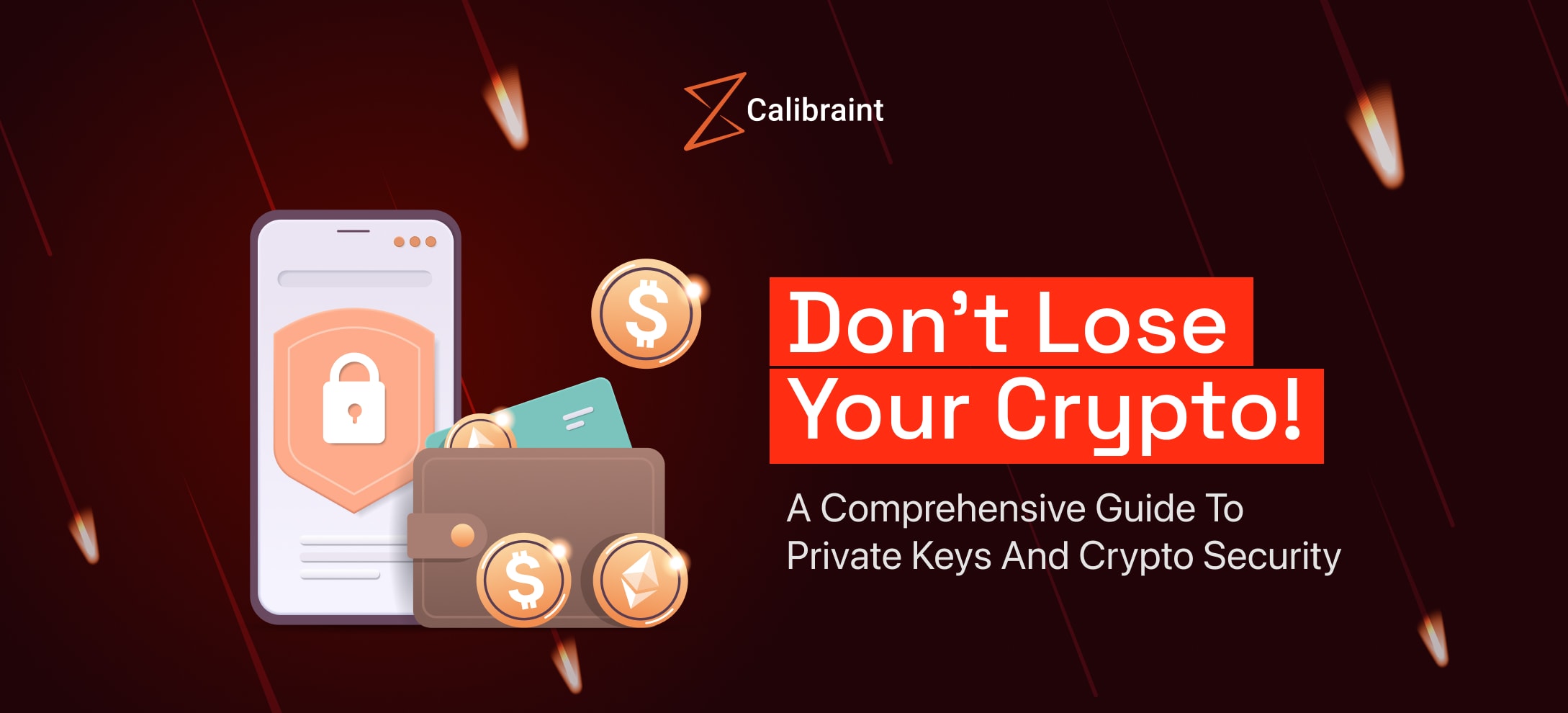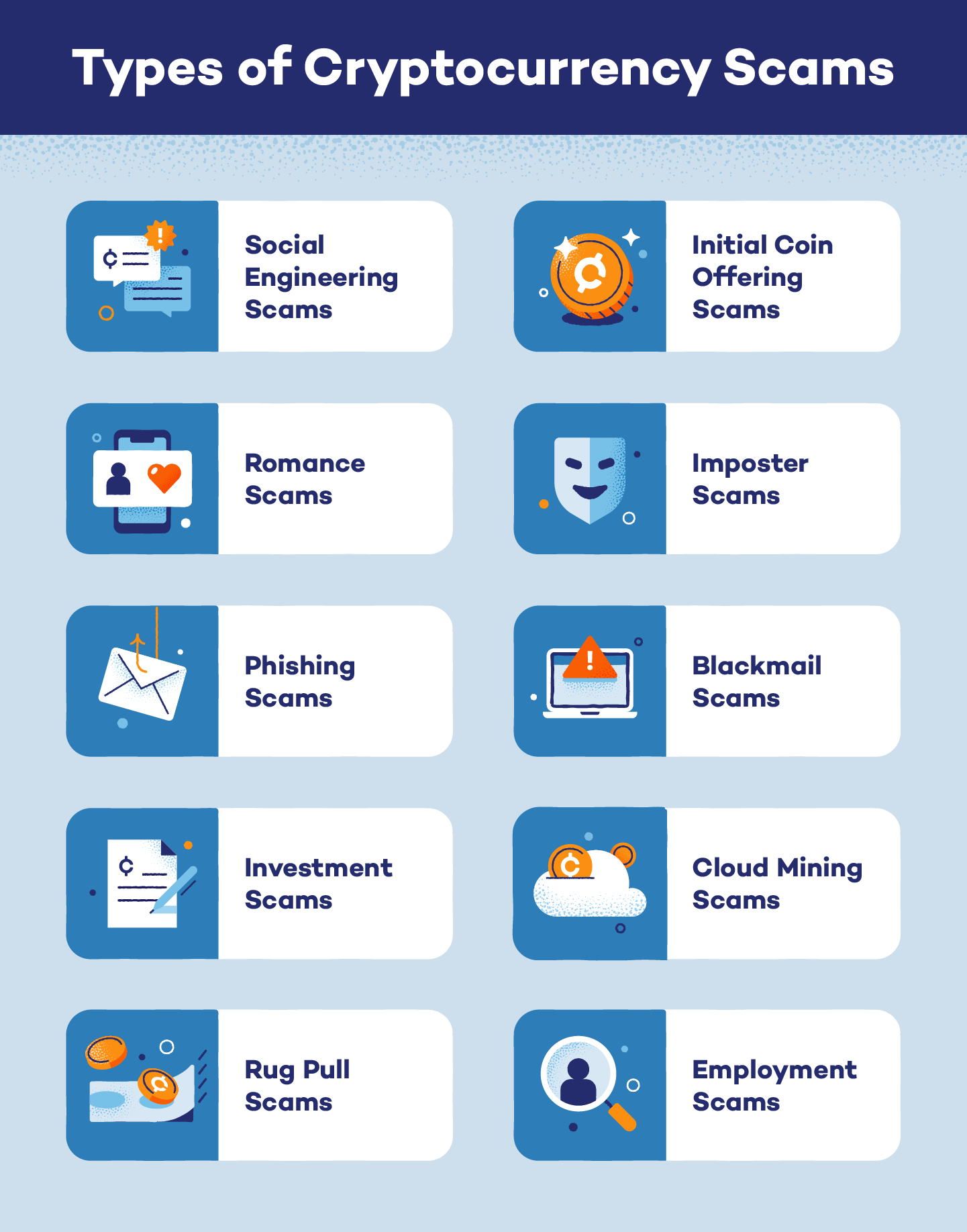Essential Bitcoin Privacy Tips for Users – Protecting Your Digital Wealth
In the world of cryptocurrency, maintaining privacy is paramount. As more individuals engage in Bitcoin transactions, the importance of implementing effective Bitcoin privacy tips for users cannot be understated. This comprehensive guide will delve into various strategies and tools that can enhance your privacy while navigating the intricate landscape of Bitcoin.
Understanding Bitcoin Privacy Risks: Beyond Anonymity

As we embark on understanding Bitcoin privacy, it is crucial to recognize that Bitcoin is not entirely anonymous. Instead, it operates on a public ledger known as the blockchain, where all transactions are recorded and can be traced back to the wallet addresses involved. This transparency presents significant challenges for users who wish to maintain their financial privacy.
Analyzing the risks associated with Bitcoin reveals several critical factors. Cybercriminals actively monitor blockchain activity, seeking patterns, and identifying high-value wallets. Additionally, exchanges often require extensive personal information from users, further complicating the landscape of privacy.
The Myth of Complete Anonymity
Many newcomers to Bitcoin may assume that their transactions are completely anonymous due to the absence of direct identification linked to wallet addresses. However, this misconception can lead to careless behavior that exposes users to substantial risks.
Bitcoin transactions can be traced by analyzing the blockchain data, which allows observers to potentially connect addresses to individual identities. Consequently, utilizing Bitcoin without adequate protective measures can jeopardize user privacy and security.
Real-World Implications of Poor Privacy Practices
Failing to secure personal privacy when using Bitcoin can have dire consequences. For instance, if someone links your Bitcoin address to your identity, they can monitor your transactions and even target you for theft or extortion. It is essential to understand these implications to motivate proactive privacy measures.
Moreover, government agencies and law enforcement may use blockchain analytics to investigate illegal activities. If your Bitcoin address appears linked to suspicious transactions, you might find yourself under scrutiny, irrespective of your involvement in any wrongdoing.
Risks Associated with Public Wi-Fi Networks
Using public Wi-Fi networks for Bitcoin transactions adds another layer of risk. Cybercriminals can intercept unencrypted data transmitted over these networks, allowing them to steal login credentials, private keys, or other sensitive information.
When connecting to public Wi-Fi, it is crucial to adopt best practices and implement additional security measures to safeguard against potential threats.
Strengthening Your Wallet Security: Best Practices

An integral part of Bitcoin privacy is securing your wallet. Wallet vulnerabilities can expose users to hacking attempts and theft. Thus, employing best practices in wallet security is essential for safeguarding your digital assets.
Before diving into specific security measures, let’s briefly discuss what a Bitcoin wallet is. A wallet is essentially a software program that stores your Bitcoin and manages your transactions. There are various types of wallets—each with its unique features and security levels.
Choosing the Right Wallet Type
There are three main categories of Bitcoin wallets: hardware wallets, software wallets, and paper wallets. Each has its advantages and disadvantages regarding security, accessibility, and convenience.
- Hardware Wallets: These physical devices store your Bitcoin offline. They are considered one of the most secure options, as they protect private keys from online vulnerabilities.
- Software Wallets: Software wallets come in desktop, mobile, and web formats. While they offer convenience, they are susceptible to malware attacks if not used carefully.
- Paper Wallets: Paper wallets involve printing your Bitcoin private keys on paper. Although secure from online threats, they can be lost or destroyed easily.
Enabling Two-Factor Authentication (2FA)
Two-factor authentication (2FA) is a powerful tool that significantly enhances wallet security. By requiring a second form of verification—such as a code sent to your mobile device—2FA mitigates the risk of unauthorized access to your wallet.
Ensure that you enable 2FA wherever possible, especially on exchanges and wallets that support this feature. A combination of something you know (like your password) and something you have (your phone) provides an added layer of protection against would-be attackers.
Regularly Updating Software
Keeping your wallet software up-to-date is essential for ensuring optimal security. Developers frequently release updates that patch vulnerabilities and improve overall functionality. Failing to update your wallet can leave you exposed to newly discovered exploits.
Set your wallet to automatically update whenever possible. If manual updates are required, make a habit of checking for updates regularly to stay ahead of potential threats.
Utilizing CoinJoin Services for Enhanced Transaction Obscurity

CoinJoin is a collaborative transaction mixing service that enhances Bitcoin privacy by obscuring the trail of funds. By combining multiple transactions into a single transaction, CoinJoin makes it challenging for outside observers to determine which coins belong to which participants.
How CoinJoin Works
The process behind CoinJoin involves gathering multiple users who want to mix their coins together. Once pooled, each participant receives a different amount of mixed coins, making it nearly impossible to trace the origin of any particular coin in the future.
This method effectively helps to break the link between receiving and spending Bitcoin, enhancing privacy for all participants involved.
Popular CoinJoin Services
Several services facilitate CoinJoin transactions. Some well-known platforms include:
- Wasabi Wallet: This popular wallet incorporates built-in CoinJoin functionality, allowing users to mix their coins seamlessly.
- Samourai Wallet: Another wallet focused on privacy, Samourai offers its CoinJoin feature called “Whirlpool,” which enables users to participate in large pools for additional anonymity.
- JoinMarket: This decentralized platform allows users to create and participate in CoinJoin transactions independently.
Each of these services has unique features and processes, so it’s essential to evaluate them based on your specific needs and preferences.
Risks and Limitations of CoinJoin
While CoinJoin offers substantial benefits, it is not without risks and limitations. Participating in CoinJoin transactions requires a measure of trust in the service providers involved, as inadequate implementation could leave users vulnerable.
Additionally, there is a possibility that authorities may scrutinize CoinJoin transactions—a concern for those seeking thorough anonymity. Staying informed about the legal landscape surrounding CoinJoin services is vital for making educated decisions.
Employing Privacy-Focused Wallets and Tools: A Comparative Analysis
In the pursuit of improving Bitcoin privacy, selecting the right wallet plays a crucial role. Privacy-focused wallets not only prioritize user confidentiality but also integrate advanced features designed to safeguard your transactions.
Comparing Privacy-Focused Wallets
To help you navigate the landscape of privacy-focused wallets, we’ve compiled a comparative analysis of three noteworthy options.
| Wallet Name | Key Features | Pros | Cons |
|---|---|---|---|
| Wasabi Wallet | CoinJoin integration, Tor support | Strong privacy features, user-friendly | Limited compatibility with some exchanges |
| Samourai Wallet | Whirlpool CoinJoin, stealth mode | Extensive privacy settings, customizable | Android-only, less known than others |
| Sparrow Wallet | Advanced Coin Control, Tor support | Multi-signature support, open-source | Can be complex for beginners |
Assessing the User Experience
Choosing a wallet goes beyond just features; user experience plays a significant role in adoption. The complexity of software can impact your ability to utilize privacy features effectively.
For instance, Wasabi Wallet’s streamlined interface allows newcomers to access mixing features with ease, whereas more advanced tools like Sparrow Wallet may require a steeper learning curve. Being mindful of your technical proficiency can help guide your wallet selection.
Additional Privacy Tools
Beyond wallets, several tools can assist in enhancing Bitcoin privacy. These include:
- Tor: An anonymizing network that masks your IP address, offering an additional layer of privacy during transactions.
- VPN Services: Virtual Private Networks encrypt your internet traffic, providing another avenue for masking your IP address.
- TumbleBit: A payment protocol that enables off-chain transactions, enhancing privacy when transferring Bitcoin.
Integrating these tools into your Bitcoin usage can dramatically enhance your privacy posture.
Masking Your IP Address: VPNs and Tor for Bitcoin Transactions
One of the most effective ways to bolster your Bitcoin privacy is by masking your IP address. This technique prevents unwanted parties from linking your online activities to your real-world identity.
Understanding VPNs
A VPN (Virtual Private Network) creates an encrypted connection between your device and a remote server. By routing your internet traffic through this server, a VPN hides your true IP address and obfuscates your online activities.
Using a reputable VPN service can mitigate risks associated with public networks and helps protect your data from eavesdroppers.
The Role of Tor in Enhancing Privacy
Tor (The Onion Router) is another powerful tool for enhancing online privacy. By routing your internet traffic through a series of volunteer-operated servers, Tor creates layers of encryption that obscure your IP address.
Utilizing Tor can provide increased anonymity when conducting Bitcoin transactions, but it is not without its drawbacks, such as slower internet speeds. Familiarizing yourself with both VPN and Tor services can help you make informed decisions about which tool aligns better with your privacy goals.
Combining VPNs and Tor
For those seeking robust anonymity, combining a VPN with Tor offers a layered approach that maximizes privacy. Using a VPN before connecting to the Tor network adds an extra level of security, ensuring that your ISP cannot see that you are using Tor.
While this combination can enhance your privacy, it is important to choose a trustworthy VPN provider, as some may log user data.
Minimizing Data Footprint: Responsible Bitcoin Usage Habits
Ultimately, responsible Bitcoin usage habits play a pivotal role in preserving your privacy. Being aware of how and where you use Bitcoin can significantly reduce your digital footprint, minimizing the risk of exposure.
Avoiding Personal Information Disclosure
One of the most straightforward steps users can take is to refrain from disclosing personal information unnecessarily. When creating accounts on exchanges or wallets, consider using pseudonyms and generic email addresses rather than your full name or primary email.
Furthermore, avoid sharing your Bitcoin addresses publicly in forums or social media unless absolutely necessary. This small change can drastically reduce the chances of your identity being linked to your Bitcoin transactions.
Keeping Wallets Separate
Using separate wallets for different purposes can help compartmentalize your Bitcoin activities, making it harder for anyone to analyze your complete transaction history.
For example, consider maintaining one wallet for long-term savings and another for daily transactions or trading. This separation reduces the likelihood of someone piecing together your financial profile based on a single wallet.
Staying Informed About Privacy Measures
Privacy is an ever-evolving field, and staying informed about new techniques and tools is essential for maintaining your Bitcoin privacy. Join Bitcoin communities, follow relevant blogs, and engage in discussions that focus on privacy-enhancing methods.
By remaining proactive and educated, you can continuously adapt your strategies to keep pace with emerging privacy challenges.
Conclusion
In conclusion, protecting your privacy while using Bitcoin requires a multifaceted approach. Understanding the inherent risks associated with Bitcoin, strengthening wallet security, leveraging CoinJoin services, utilizing privacy-focused wallets and tools, masking your IP address, and adopting responsible usage habits are all essential components of a privacy-conscious strategy. By implementing these Bitcoin privacy tips for users, you can effectively safeguard your digital wealth and navigate the complexities of the cryptocurrency landscape with confidence.
